Niger
After fleeing the jihadists who threatened their remote village, Aichata Hassan had no idea that another mighty challenge lay ahead: proving to the authorities that her 12-year-old daughter, Nadia existed.
Like countless other children in Niger, Nadia has no birth certificate, which meant that she could not enrol in secondary school.
"Where I am right now, I just don't have the money. Since last year I was told that my daughter can't go to college if she doesn't have the documents. But it's because I don't have the money that I can't do it," said Aichata Hassan, Nadia's mother who was displaced from the village of Alzou.
No legal identity
Some villages have no official records for births and the lack of a certificate becomes all the more problematic families who are displaced.
Today, an identity card is required to enrol in a school.
According Idrissa Illiassou, education advisor of the Sakoira school; "Many children do not have a birth certificate. You have to go to the exam and at the exam we can't send them to another round without having a civil status that says who they are, where they come from, that identifies them."
In Niger, with half the population under the age of 15, four out of 10 children are not registered at birth due to a lack of state infrastructure, old habits, or simply a lack of knowledge of the law.
"They (the population) are not yet systematically registering as soon as civil status events occur in their family, they are still waiting for the need to do so."
"For example for school, for justice, that the need arises for other circumstances in life, to benefit from a grant, to open an account at the bank, and so it's at this point that people realise that they need to do the civil status record, whereas they should have done it earlier when it was free," expressed Ibrahim Malangoni, National Director of Civil Status in Niger.
ID papers are a massive challenge for Niger, one of the world's poorest countries.
With support from the international community, Niger is trying to solve the problem.
Today 60 percent of births are registered, but this still leaves four out of every 10 children invisible to the state.




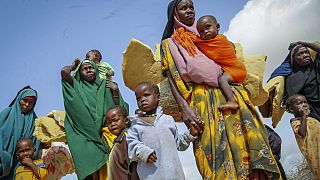
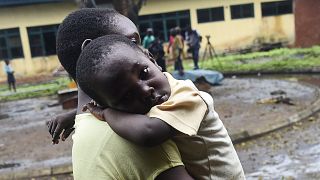
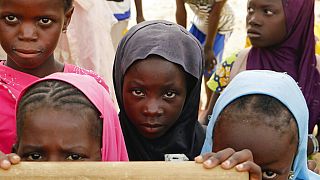
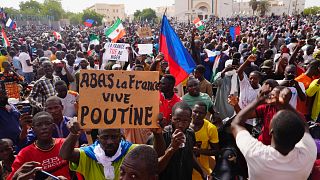
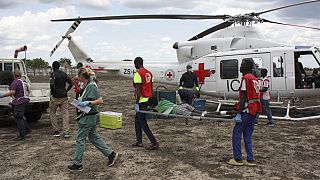
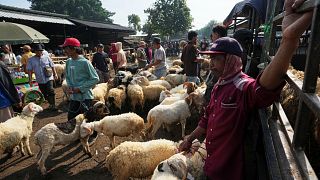



01:12
One child displaced every five seconds in MENA region conflicts
Go to video
Alliance of Sahel States puts on show of unity through inaugural games
11:15
AI drones lead breakthrough against malaria in Africa [Business Africa]
01:05
Study finds millions of children at risk as global vaccine rates fall
01:52
138 million child workers globally in 2024, number down from 2020
02:16
Dr. Dre helps open new Compton high school